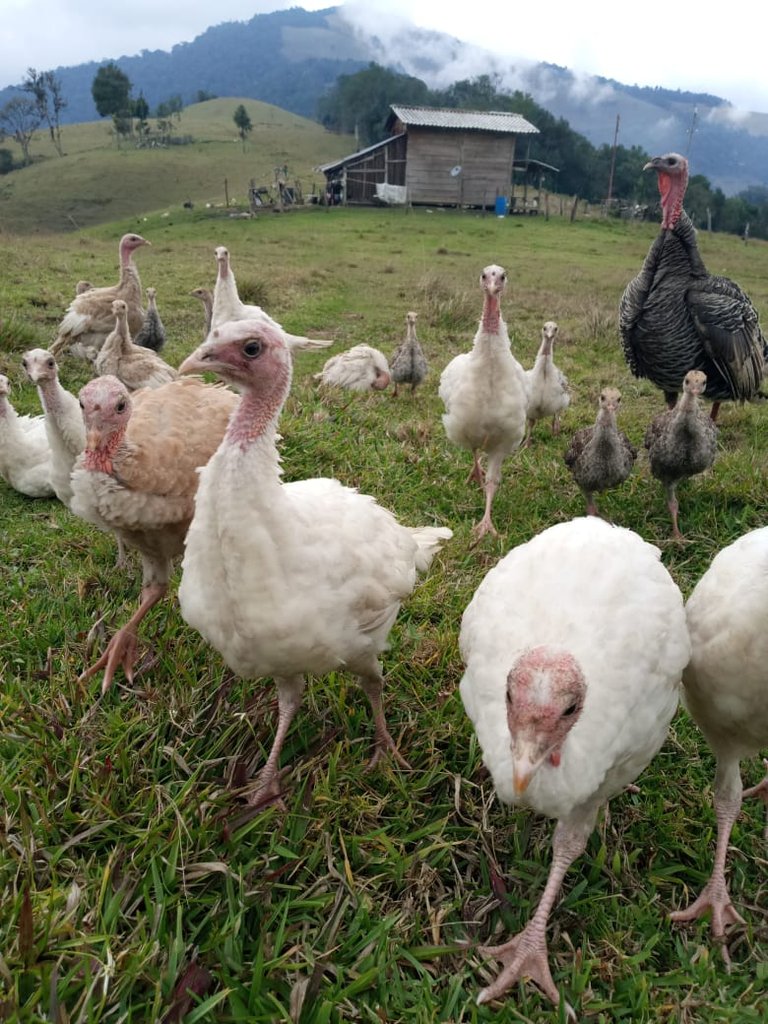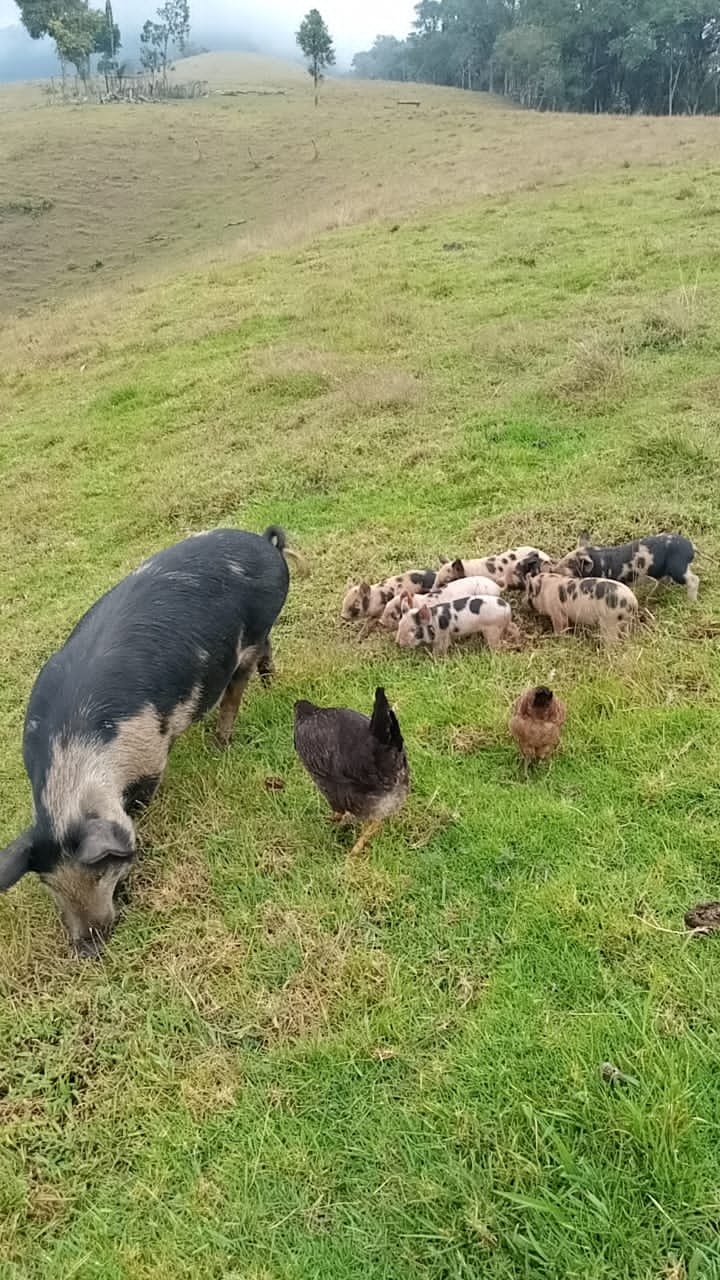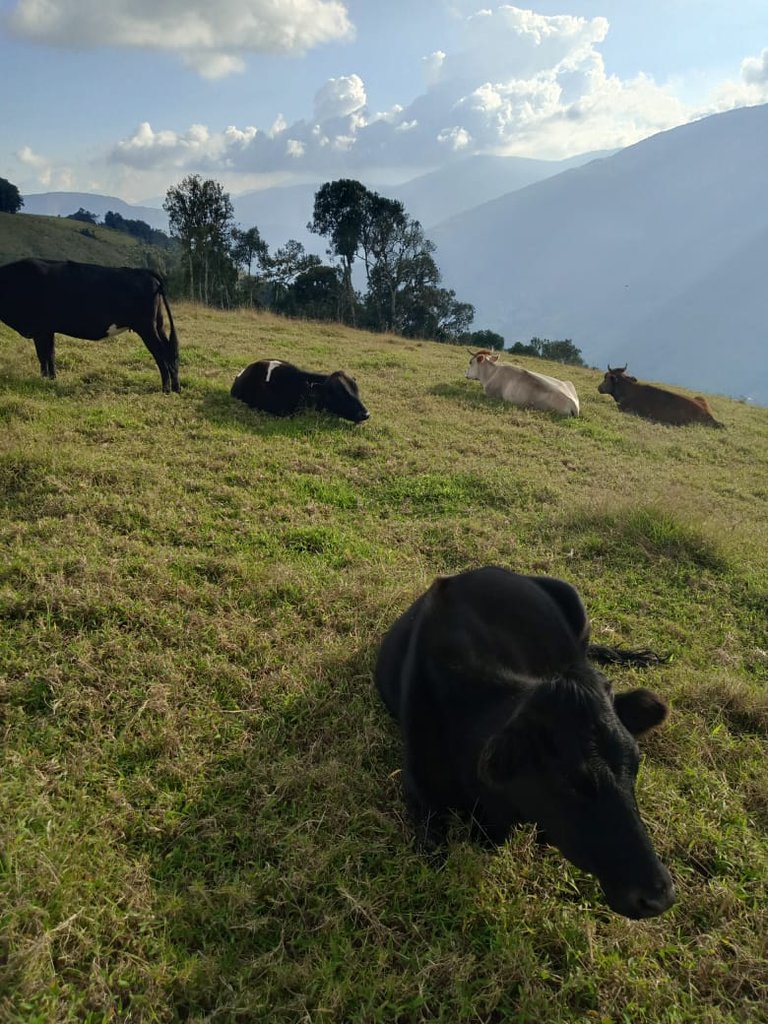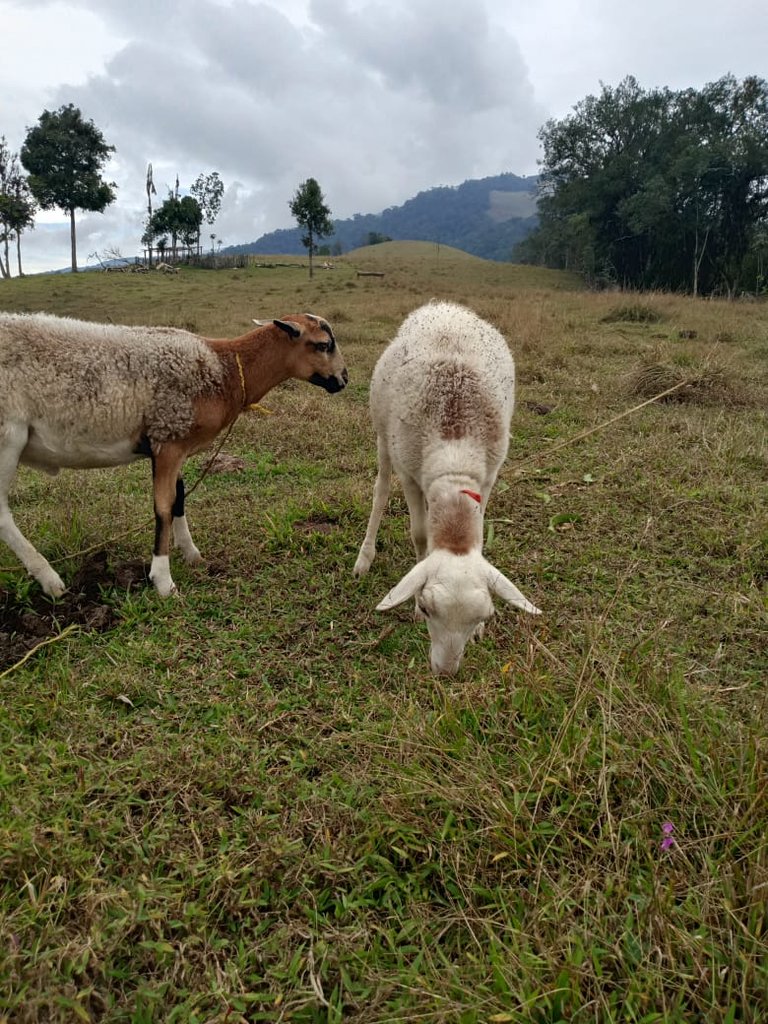If you prefer the English version, click on the following link 👉 HERE
La mirada del animal.
No sé si la primera mascota la elige uno o si, de alguna manera misteriosa, es elegida por ella. Recuerdo el calor de una tarde de infancia y una mirada que parecía tan humana como la mía. Tal vez me enamoré de la idea de que ese cachorro desgarbado supiera, sin palabras, cómo se sentía mi mundo. A veces pienso que convivir con animales es asomarse, despojado de preconceptos, a un espejo sin adornos: ese reflejo incómodo, a veces puro, que confronta nuestras creencias sobre “ser” y “deber ser”. ¿Será que los humanos, tan ansiosos de trascendencia, buscan en el brillo de unos ojos animales algo perdido en su propia esencia?
Con el tiempo, advertí que el mayor aprendizaje que ofrecen estos compañeros no está solo en la fidelidad, sino en su manera radical de estar presentes. Como escribió Milan Kundera en “La insoportable levedad del ser”, los animales “aceptan la muerte sin protestar”, mientras los humanos vivimos, incluso en la alegría, con ese aguijón de la finitud. ¿Son ellos los verdaderos maestros de la existencia, capaces de encontrar placer donde solo vemos rutina? El acto cotidiano de alimentarlos, acariciarlos, recoger huellas de su paso invisible por la casa, me hace preguntarme si, tras sus hábitos, no reside un conocimiento más profundo: la capacidad de habitar el instante, de entregarse sin reservas a lo que está sucediendo.
Al mirar la relación que tengo con los animales, me inquieta la pregunta sobre cuán permeable es mi capacidad de empatía. Si logro conmoverme con el llanto sordo de un perro abandonado, ¿por qué a veces se apaga mi sensibilidad ante el dolor ajeno, incluso el humano? ¿Será que la ternura hacia estos seres es un reflejo de lo mejor que aspiro a ser? O, como sugiere Franz de “La insoportable levedad del ser”, que el amor verdadero solo puede nacer donde no medien palabras, ni contratos, ni cálculos. Los animales me exigen compasión sin condiciones, ajena a ideologías; exigiría entonces preguntarme si podemos hablar de una ética humana sin considerar la empatía hacia otras especies.

De mi propiedad.
Es curioso cómo la sociedad ha construido una especie de jerarquía sentimental: algunos animales son acariciados, otros ignorados y muchos, directamente explotados. ¿Qué fundamentos tiene esa frontera arbitraria? ¿Por qué aplaudimos la adopción de un perro callejero, pero ignoramos la suerte de millones de animales criados en condiciones de invisibilidad? Recuerdo el eco de una frase de Temple Grandin, defensora de los derechos de los animales: “La naturaleza es cruel, pero nosotros no tenemos por qué serlo”. ¿Dónde empieza, realmente, la responsabilidad ética de los humanos?
Vivimos un tiempo en que la ciencia y la conciencia parecen progresar en direcciones divergentes. Sabemos más que nunca sobre la mente animal: sus emociones, sus sueños, incluso sus pequeñas alegrías y terrores. Sin embargo, la información no siempre se traduce en transformación. ¿Cuántos documentales conmovedores acaban, tras los aplausos, archivados en el rincón del olvido cotidiano? Si sabemos que los animales sienten, ¿hasta dónde debe llegar nuestro respeto por sus vidas? ¿Puede el conocimiento sin empatía devolvernos la humanidad?
A menudo, he pensado que los animales, por no hablar nuestro idioma, llamarían “extraña” a nuestra manera de amar: nos reservamos el afecto, lo repartimos con cuentagotas, temerosos de entregar demasiado. ¿Por qué sus gestos nos resultan, a veces, más sinceros que los nuestros? Un gato que se ovilla a mi lado parece no guardar reservas; un ave que lucha por alimentar a sus crías no especula con el sacrificio. ¿Qué frontera invisible separa nuestro racionalismo de esa entrega desinteresada que algunos tachan de “instinto” y otros de nobleza?

De mi propiedad
No pocas veces, he sentido que la relación con una mascota desnuda, con sorprendente claridad, nuestras limitaciones morales. Si respeto a un animal, si le reconozco dignidad y derecho al sufrimiento y al placer, ¿no debería extender esa ética, al menos por coherencia, a todos los seres sintientes? Peter Singer, en “Liberación Animal”, plantea que el prejuicio de especie —el especismo— es tan arbitrario y pernicioso como cualquier otra discriminación. ¿No surge de ahí una llamada urgente a revisar nuestras costumbres, aún las más arraigadas y socialmente legitimadas?
En las horas silenciosas, cuando la casa adquiere esa atmósfera de santuario doméstico, los gestos mínimos de un perro o el rumor de un pez en el acuario me devuelven preguntas que creía resueltas: ¿hasta dónde llega mi ternura? ¿Es la bondad hacia los animales un lujo o una obligación moral inherente? ¿Hay en nuestro trato hacia ellos una medida secreta de civilización o solo un eco de moda pasajera? Tal vez, como dice Alejandro Jodorowsky, “Animales y hombres somos iguales, pero ellos no lo saben”. ¿Será posible alcanzar un lazo con lo animal libre de jerarquías y autoengaños?
Al final, convivir con animales es asomarse a lo inesperado, a la irrupción de la diferencia en lo conocido. Cada relación forjada, cada límite traspasado —ese caminar descalzo por el territorio del otro— reconfigura mi mapa de lo ético. Las preguntas permanecen, acechando desde los rincones: ¿cuánto nos cuesta, de verdad, erradicar la indiferencia? ¿Qué haríamos si el mundo nos mirara con la misma expectativa sincera que un perro en la puerta? Todo encuentro con lo animal me revela, en último término, que la empatía no es un juego de espejos, sino la osada aventura de reconocerse vulnerable ante el misterio del otro. Y uno no sabe si tiene respuestas, o solo más preguntas que dan forma —tierna y temblorosa— a lo humano.

Dedicado a todos aquellos que, día a día, con su arte, hacen del mundo un lugar mejor.


The gaze of the animal
I don't know if one chooses one's first pet or if, in some mysterious way, it is chosen by it. I remember the warmth of a childhood afternoon and a gaze that seemed as human as my own. Perhaps I fell in love with the idea that that lanky puppy knew, without words, how my world felt. Sometimes I think that living with animals is like peering, stripped of preconceptions, into an unadorned mirror: that uncomfortable, sometimes pure reflection that confronts our beliefs about "being" and "should be." Could it be that humans, so eager for transcendence, seek in the brilliance of animal eyes something lost in their own essence?
Over time, I realized that the greatest learning these companions offer is not only in their loyalty, but in their radical way of being present. As Milan Kundera wrote in "The Unbearable Lightness of Being," animals "accept death without protest," while humans live, even in joy, with the sting of finitude. Are they the true masters of existence, capable of finding pleasure where we only see routine? The daily act of feeding them, petting them, collecting traces of their invisible passage through the house, makes me wonder if, behind their habits, lies a deeper understanding: the ability to inhabit the moment, to surrender unreservedly to what is happening.
When I look at the relationship I have with animals, I am troubled by the question of how permeable my capacity for empathy is. If I can be moved by the muffled cry of an abandoned dog, why is my sensitivity to the pain of others, even human pain, sometimes dulled? Could it be that tenderness toward these beings is a reflection of the best I aspire to be? Or, as Franz suggests in "The Unbearable Lightness of Being," that true love can only be born where there are no words, no contracts, no calculations. Animals demand unconditional compassion from me, unbound by ideologies; I would then be forced to ask myself if we can speak of human ethics without considering empathy toward other species.

My property.
It's curious how society has constructed a kind of sentimental hierarchy: some animals are petted, others ignored, and many are outright exploited. What are the foundations of this arbitrary boundary? Why do we applaud the adoption of a stray dog, but ignore the fate of millions of animals raised in invisible conditions? I'm reminded of a phrase by Temple Grandin, an animal rights advocate: "Nature is cruel, but we don't have to be." Where does human ethical responsibility really begin?
We live in a time when science and consciousness seem to be progressing in divergent directions. We know more than ever about the animal mind: its emotions, its dreams, even its small joys and terrors. Yet, this information doesn't always translate into transformation. How many moving documentaries end up, after being applauded, filed away in the corner of everyday oblivion? If we know that animals feel, how far should our respect for their lives go? Can knowledge without empathy restore our humanity?
I've often thought that animals, not speaking our language, would call our way of loving "strange": we withhold affection, doling it out sparingly, afraid of giving too much. Why do their gestures sometimes seem more sincere than our own? A cat curled up beside me seems to hold no reserve; a bird struggling to feed its young doesn't speculate on sacrifice. What invisible boundary separates our rationalism from that selfless devotion that some label "instinct" and others label nobility?

My property.
More than once, I've felt that our relationship with a pet lays bare, with surprising clarity, our moral limitations. If I respect an animal, if I recognize its dignity and right to suffering and pleasure, shouldn't I extend that ethic, at least for the sake of consistency, to all sentient beings? Peter Singer, in "Animal Liberation," argues that species prejudice—speciesism—is as arbitrary and pernicious as any other discrimination. Doesn't this prompt an urgent call to reexamine our customs, even the most deeply rooted and socially legitimized?
In the quiet hours, when the house takes on the atmosphere of a domestic sanctuary, the minimal gestures of a dog or the murmur of a fish in the aquarium bring back questions I thought had been resolved: How far does my tenderness go? Is kindness toward animals a luxury or an inherent moral obligation? Is there a secret measure of civilization in our treatment of them or just an echo of a passing fad? Perhaps, as Alejandro Jodorowsky says, "Animals and humans are equal, but they don't know it." Is it possible to achieve a bond with animals free of hierarchies and self-deception?
In the end, living with animals is peeking into the unexpected, into the emergence of difference in the familiar. Every relationship forged, every boundary crossed—that barefoot walk through the other's territory—reshapes my map of ethics. The questions remain, lurking in the corners: How much does it really cost us to eradicate indifference? What would we do if the world looked at us with the same sincere expectation as a dog at the door? Every encounter with animals ultimately reveals to me that empathy is not a game of mirrors but the daring adventure of recognizing oneself as vulnerable before the mystery of the other. And one doesn't know if there are answers, or just more questions that give—tender and trembling—form to the human.

Dedicated to all those writers who contribute, day by day, to making our planet a better world.


Posted Using INLEO